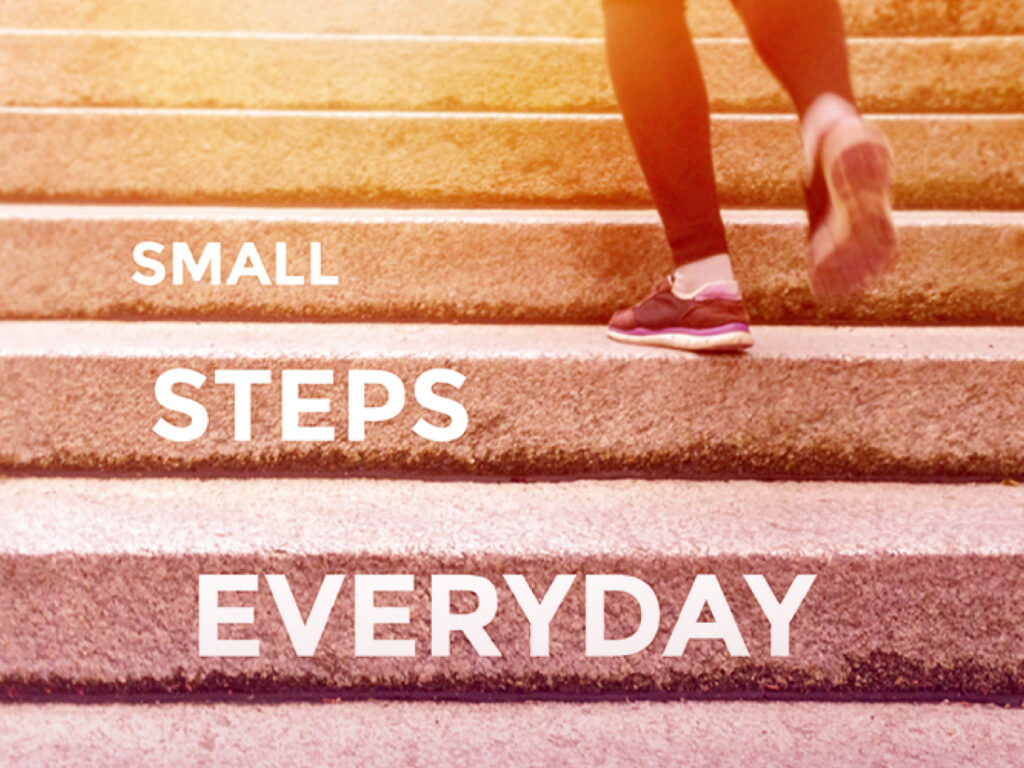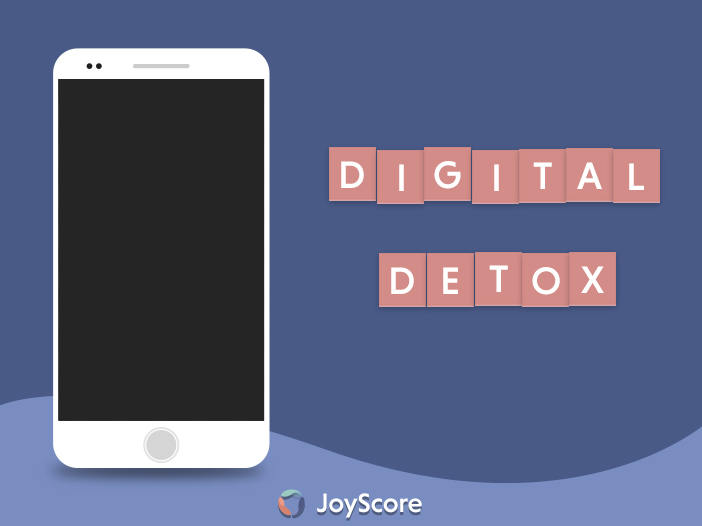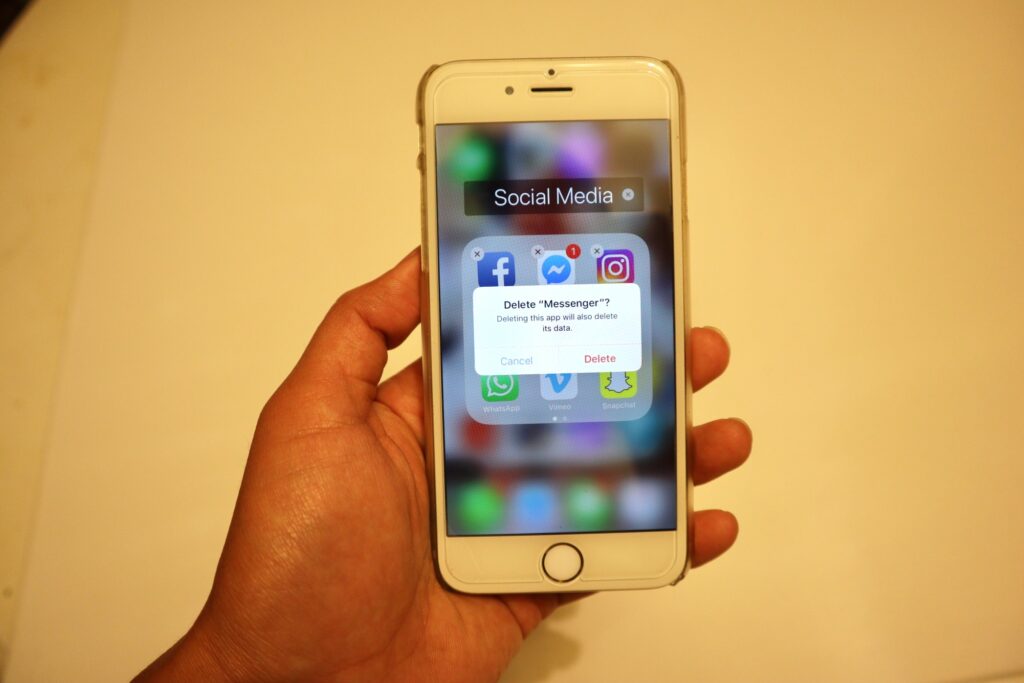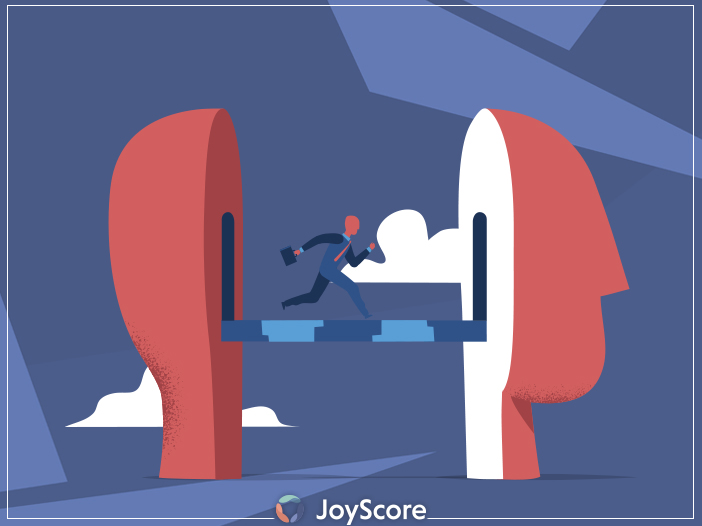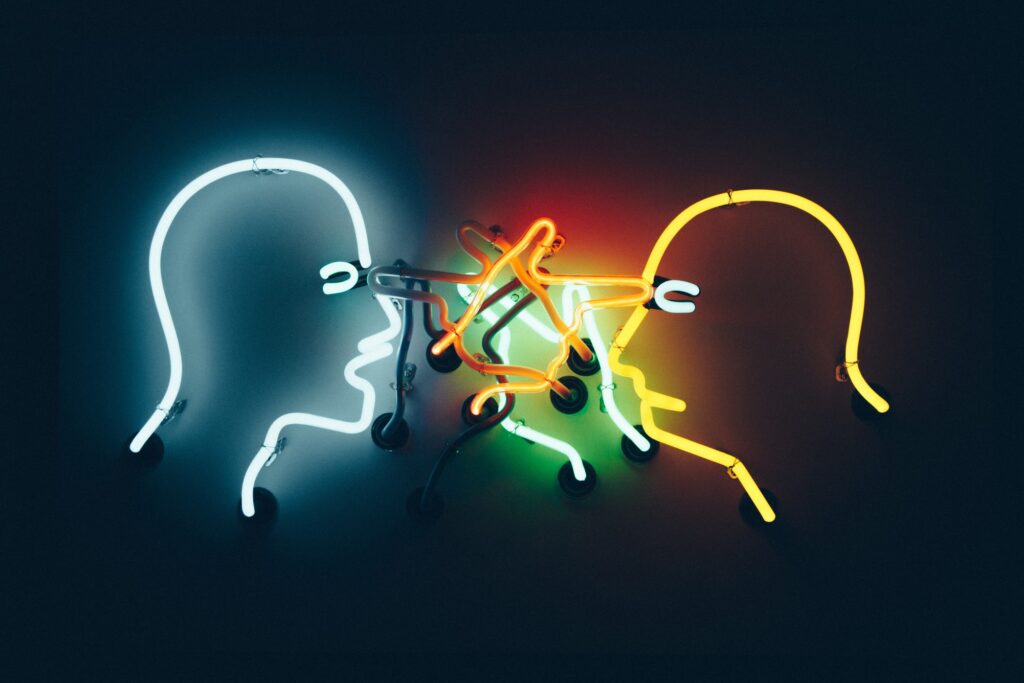Thousands of years of evolution have taught that human needs are identical. We need security, support, relationships, joy, attitude, and something useful to do with our time. That’s true of any person. When you understand that simple fact about life, it forces you to take a helicopter view. It will help if you elevate your perspective on your life. When a negative thought cycle surrounds you, you have zero aspect. Your thoughts consume you. It would help if you adapt yourself to look at life in general. Not just your current situation. Look at life’s nature—it’s about motion.
Often I get distracted by a tiny thing that triggers a loop of negative thought. Have you experienced that feeling? You doubt everything about your life, job, health, or relationship before you know it. That frustrates you even more. Now, you’re getting drowned in by negative thoughts. At this point, something that popped as a small annoyance became a life problem. You feel like quitting your work or relationship. You feel as if something is working against you. And this is worth nothing.

Why do we experience this?
It’s about control. We predict life should be a fixed way. In other words, we want everything to fall in place the way we want. And we flip when it doesn’t. Loops of negative thinking often begin when something comes to an end.
Negative thinking is debilitating. The thoughts take up so much energy and are pointless most of the time. When you have a negative idea in your brain, a feeling you don’t want in your mind, ask yourself with this question, `is this useful.` The need for asking this is to put you in the driver’s seat of your mind. It puts you in control. When these negative thoughts are spinning unwanted thoughts, and you are just listening to them, you have invited them in. They are doing whatever they want to your brain. You are allowing the thoughts to empower you both mentally and physically. When you ask that question, you put your mind in a vulnerable state, vulnerable to you.

Joyscore App
What’s the solution? Where do I look to ease the uneasiness? The answer lies in Joyscore. An app that quantifies & increases joy in your life by in-app tools like the podcasts, motivational stories, guided meditation, breathing, sleep and stress reduction tools, activities, and games. The app is all about `Finding Joy.` Joy is a short but powerful word. It is desirable and inspiring, though often viewed as unattainable. We all agree that joy is more than a moment. It is a state of mind. The highest existence we can expect to achieve is a happy life. The moment you feel Joy and the moment you laugh, be happy, grateful, and change your perception of life, boost your immunity and energy. Your body chemistry changes, as well as your whole well being. You can easily find your joy and get in a joyful state of mind right now with the excellent Joyscore app.

